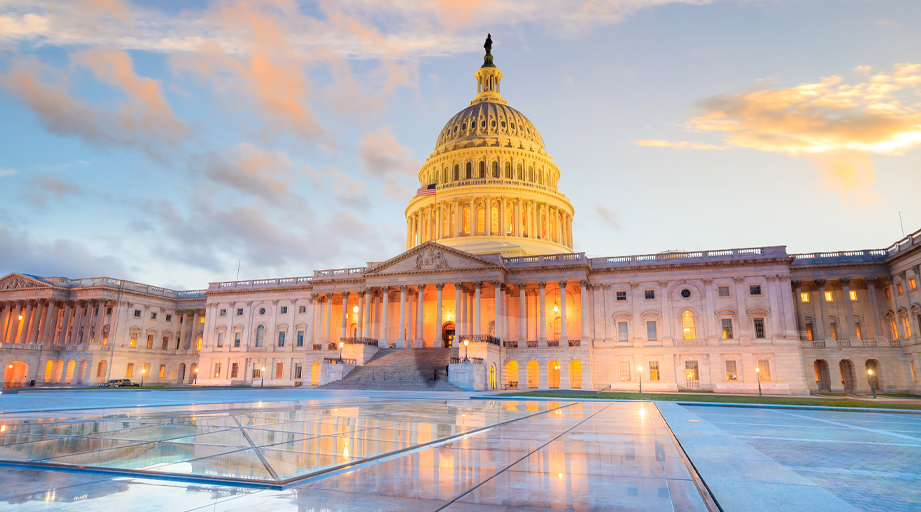
Congress is expected to consider potential federal spending cuts that include reductions to medication-related programs, pushing pharmacy leaders to the front lines of advocacy efforts, according to a panel discussion at a recent conference of the American College of Healthcare Executives.

ASHP leaders who served on the panel detailed potential financial risks to health systems and urged the audience to engage policymakers on the negative impacts these proposals would have on patients and communities.
Tom Kraus, vice president of ASHP government relations, noted that Congress is looking for $880 billion in healthcare spending cuts, mostly Medicaid, to support planned reauthorization of federal tax cuts.
Options include payment cuts to the 340B Drug Pricing Program covered entities; “site-neutral proposals,” which would reduce reimbursements to hospital outpatient departments for administering medications to patients; and reductions to Medicaid payments. Each of these options has major implications for health systems.
Health systems can play a powerful role by sharing information with their congressional representatives about the impacts of these cuts. “They can get their government relations teams working on outreach to Congress and tell them why these programs matter and what they do with these resources,” said Kraus. “Congress needs to understand the implications of these decisions.”

Kraus noted that a new Senate proposal would use deficit spending to pay for the tax breaks, potentially avoiding the healthcare spending cuts.
Tad Gomez, president of Loyola University Medical Center and co-chair of ASHP's Pharmacists in C-Suites Advisory Panel, and David Chen, ASHP’s vice president for leadership and planning, shared with audience members the critical need for each health system to analyze how spending proposals might impact patient care delivery.
Panelists also encouraged the audience to evaluate the cost of drug manufacturers’ attempts to increase costs to health systems under 340B. Johnson & Johnson, for example, has tried to change how disproportionate share hospitals purchase two of its medications — a move that could be financially devastating to these health systems, which serve many low-income communities.

Chen said after the conference that health systems should establish multidisciplinary 340B committees and teams to review ultra-high-cost drugs. “The nexus of the existing drugs, those in the pipeline with 340B, and looming site-of-care neutrality rules will have a significant impact on how organizations make decisions,” said Chen.
Institutions can use their findings to determine the impacts on revenue, patient care services, and staffing, he said.
“Health systems have a compelling story to share with local and state elected officials,” said Chen. “Share patient stories and the impact these policy decisions will have on patients in your communities.”










